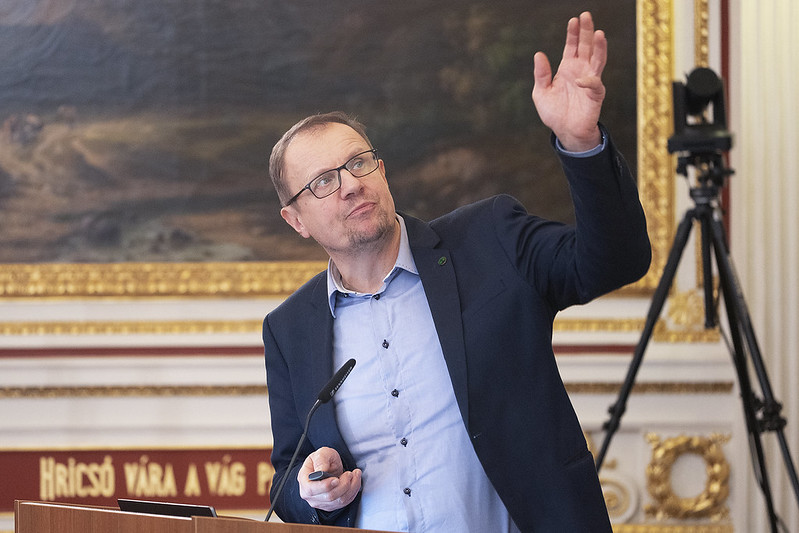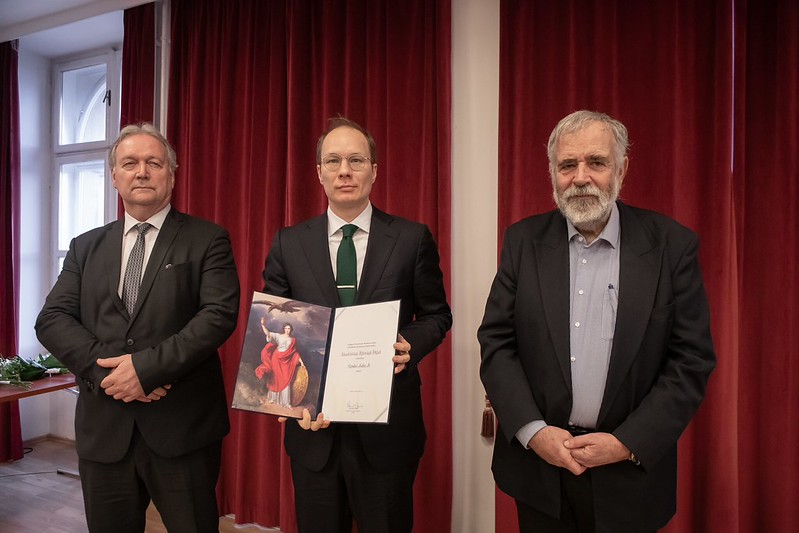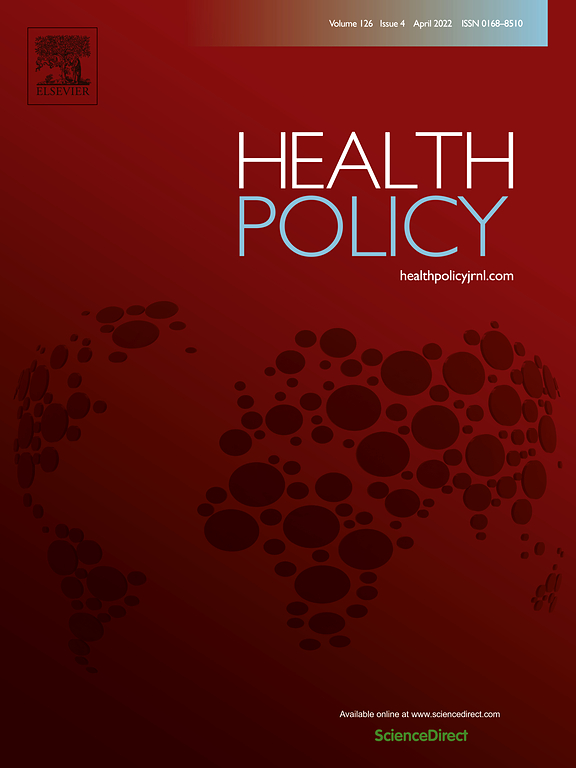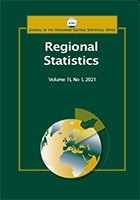3rd Visegrad conference
Institute of World Economics, Centre for Economic and Regional Studies
Date: 22nd and 23rd of May, 2023
Venue: online (Zoom) and onsite (KRTK VGI, 1097 Budapest, Tóth Kálmán 4.)
The third Visegrad conference concentrates on various actual areas of cooperation and comparison between the four countries. The Visegrad economies form a unique group of European countries, with numerous common elements of history, politics, geography, economics, business, science, arts and culture. These common elements have been shaped, influenced and modified by many external and internal factors over the history, including cooperation between these countries at many levels and spanning many centuries. Due to these numerous common characteristics, in the various areas of analysis, the four countries act as „natural” comparative partners for each other. It is easier to understand developments in and challenges faced by one country in the context of Visegrad comparison. It is easier to understand, what is going on in the Central and East European part of Europe, if all four countries are analysed. This has induced the organisers to follow the pathway started two years ago and put other areas under the magnifying glass. This year the areas addressed are innovation systems, startups, development paths.
More information and Programme of the conference









